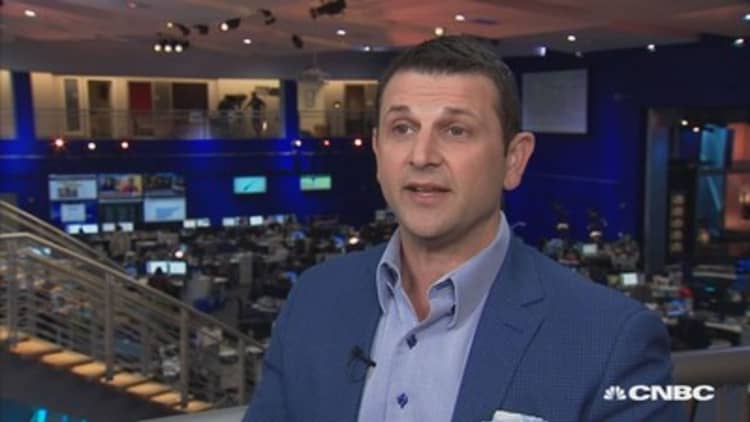
The market has already started anticipating rate hikes by the Federal Reserve, and you should too.
Central bank officials have said they are planning to raise rates three times this year. That could go up to four hikes, depending on how June unemployment rate numbers play out.
Those moves under Federal Reserve Chair Jerome Powell will change how you access credit and borrow money.
One key area you want to watch is how these changes affect your existing debts, according to Ted Jenkin, CEO of Oxygen Financial.
More from Straight Talk:
Investors will keep buying cryptocurrencies: Pundit
Unwanted life insurance? Sell it
Questions you need to ask your financial advisor
Here are three key debts Jenkin recommends you should watch.
Mortgages
If you have an adjustable rate mortgage, now may be the time to lock in a lower rate by moving to a fixed-rate mortgage.
"Or you may just want to start paying off the mortgage more quickly," Jenkin said.
Student loans
You should also look at any student loans that have variable rates, which may climb really high as the Fed bumps rates up, Jenkin said.
Refinancing your student loan now can help keep your interest rates lower.
Credit cards
You could get a shock on your credit card statements after rates rise, when your annual percentage rate jumps two or three percentage points.
As such, that debt will cost you more, and you will want to adjust your monthly budget to accommodate that, Jenkin said. Or better yet, pay down those debts before rates go up.
And don't forget to look at how these moves could affect your investments.
"Typically, as interest rates rise, your equity or stock investments will start to slow down," Jenkin said. "You should think about this when you look at rebalancing your portfolio."





